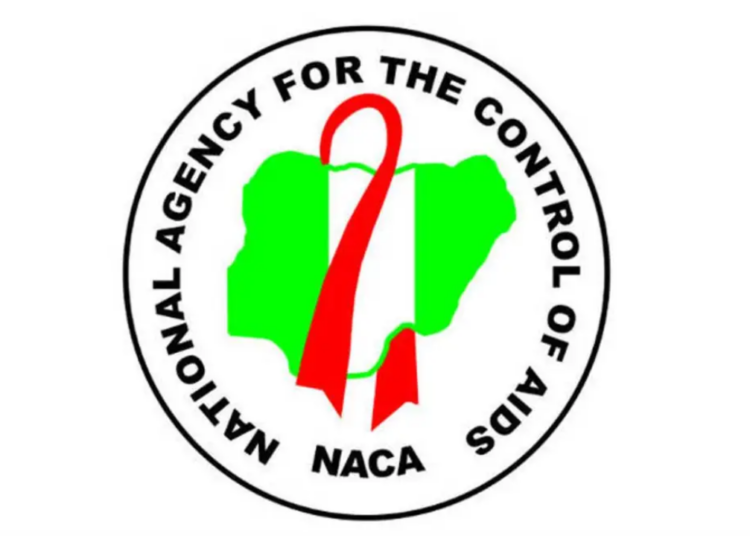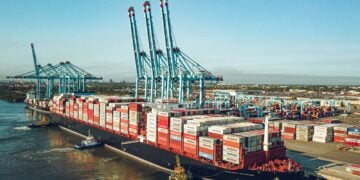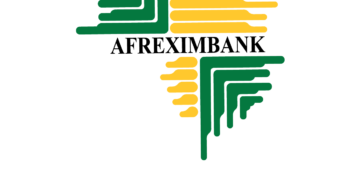As Nigeria kicks off activities to mark this year’s World AIDS Day, the Joint United Nations Programme on HIV/AIDS (UNAIDS) has called for equal access to HIV treatment services as well as addressing other barriers to ending the HIV/AIDS epidemic.
This came as the director-general of the National Agency for the Control of AIDS (NACA), Dr Aliyu Gambo, said Nigeria’s success story is evident from the significant dip in the HIV prevalence of 3.4 per cent in 2017 to a population-based prevalence of 1.3 percent in 2018.
He said as at the end of September 2022, the country had 1,619,133 persons on treatment, which represents a significant leap when compared to 838,020 persons in 2017.
“Our treatment sites have increased from 251 in 2007 to 2,262 in 2020. New HIV infections gradually declined from 103,404 in 2019 to 92,323 in 2021.Significant growth in key population treatment centres, 10 in 2017 with a coverage of 16,147 to 118 in 2021 with coverage of over 221,010,” he said.
The DG stated that as the country sustains the epidemic control achieved thus far, more focus will be directed at ensuring increased availability, quality and suitability of services, for HIV treatment, testing and prevention, so that everyone is well-served.
He also said that access to prevention, treatment, care and support services will be intensified for hard to reach populations especially those communities circumscribed by conflict.
UNAID country director and representative, Dr Leo Zekeng, who spoke yesterday at a press conference to mark the flag-off of the 2022 World AIDS Day, with the theme: “Equalise” said though there is an improvement, more still needs to be done to ensure that those left behind have equal access to treatment services.
He called for the reform of the policies and practices that are keeping the people living with HIV and key population away from the services, adding that the anti-discrimination law should be fully implemented.
“To equalise will mean to do everything possible to review the country’s dependency on external resources to fund programmes. It means that states should also ensure that they increase their domestic allocation,” he said.
Meanwhile, the minister of health, Dr Osagie Ehanire, noted that Nigeria has made notable achievement as the country now have 90 percent of people who are HIV positive know their status, 98 per cent of these are on HIV treatment and 95 per cent of those on treatment have attained viral suppression.
He, therefore, called for collaborative efforts to address the inequalities which according to him, pose barriers to ending the epidemic.
Represented by the national coordinator, National AIDS/STI Control Programme, Dr Akudo Ikpeazu, the minister said, “For example, despite the availability of free treatment services, as of today, we still have an unacceptable number of children, less than 15 years, living with HIV who are difficult to find and place on treatment (children 34 percent: 100 percent: 81 percent).
“We need to equalise access to essential HIV services particularly for children, pregnant women, key populations and their partners and those in closed settings who are often forgotten. To do this, we must, in a consistent manner address and remove all structural barriers that impact negatively on access to services.”





